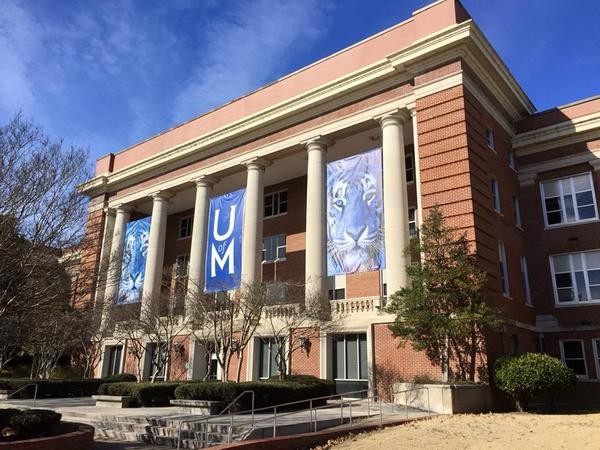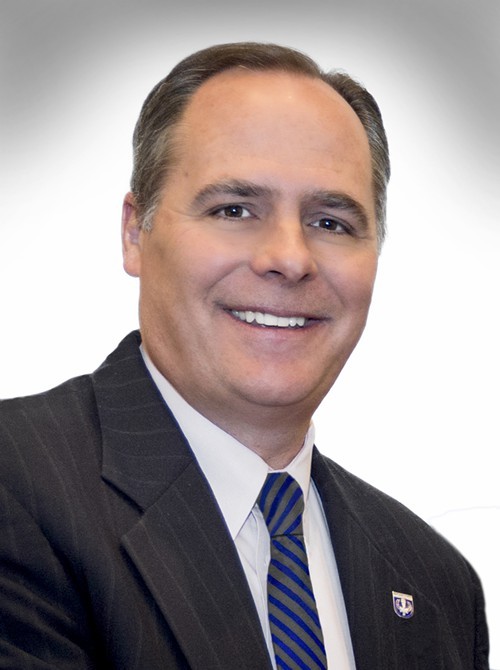
A week after the most recent conversation about living wages at the University of Memphis heated up, U of M president David Rudd sent a letter to faculty saying that his commitment to providing all employees with a living wage “remains firm.”
Last week Shelby County Mayor Lee Harris vetoed a Shelby County Commission decision to allocate $1 million for the U of M’s Michael Rose Natatorium because of the school’s failure to pay living wages to some employees.
Harris said then that he won’t support the funding until the university presents a plan to pay livable wages to all employees.
Rudd said that the mayor’s proposal raised “serious ethical concerns” and that the university will forgo the county’s funding offer for the project. Rudd also said last week that the university is in the process of implementing a plan to raise hourly wages to $15 an hour over the next two years.
“We have a definitive plan,” Rudd said. “We’ll be at $15/hour in two years. And in a sustainable manner.”
[pullquote-1]
In a Monday letter to the university’s faculty and staff, Rudd said over the past four years the university has implemented three “historic increases in our minimum wage from $9.20 to $10.10, $10.60 two years ago, and $11.11 this fiscal year.”
A living wage extends beyond hourly pay and also should account for employee benefits packages, Rudd said. When the new minimum wage of $11.11 goes into place this year, Rudd said, with benefits factored in, wages equal about $16.80 an hour.

University of Memphis President David M. Rudd
The university’s approach to increasing minimum wage is “thoughtful and methodical,” Rudd wrote, touting some of the school’s financial accomplishments, such as implementing four consecutive years of pay increases and keeping tuition the lowest of the state’s public institutions over the past five years.
“Over the past few years, I have repeatedly expressed my support for a living wage,” Rudd wrote. “We’re the only public university in the state with three significant increases in our hourly wage over the past four years. As I’ve also said before, we’re committed to doing it because it’s the right thing.”
Rudd said he believes the university will be able to pay a livable wage to all employees in two years, but in a “manner that is financially responsible and sustainable.”
He did not mention the amount of the proposed livable wage.
“We’ve made significant progress the past two years and I believe we can achieve our goal in two years,” Rudd said. “I will not, however, sacrifice financial discipline and the success of our university for political expediency.”
[pullquote-2]
What are other universities here paying?
As of July 1st, the lowest-paid employees at the University of Tennessee Health Science Center will earn $15 an hour, according to the university. This is the highest in the area.
Southwest Tennessee Community College established a living wage plan in 2017 and raised every employee’s pay to at least $10.76 an hour. Since then, the minimum wage has increased to $12.24 an hour. The college said 31 employees currently earn this amount.
Christian Brothers University officials did not disclose its minimum hourly wage, but said the university is committed to a “just and living wage for employees” and that income equality is one of university president John Shannon’s top priorities during his first 100 days in his new role as president.
At Rhodes College, the minimum hourly wage is $12 an hour, but president of the college, Marjorie Hass, said last week in a letter to faculty and staff that the college is in the second year of a multi-year plan to increase the minimum wage to $15 an hour.


